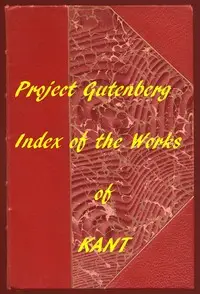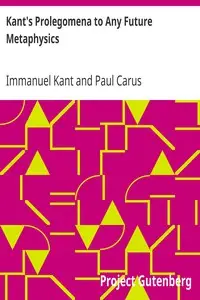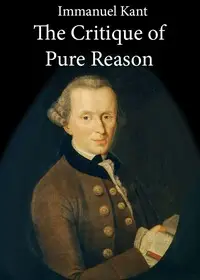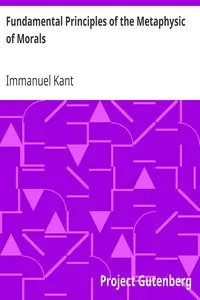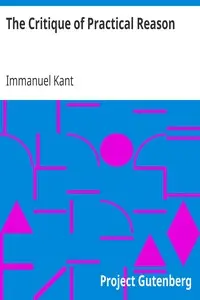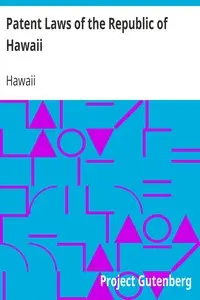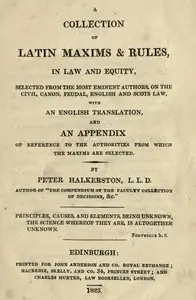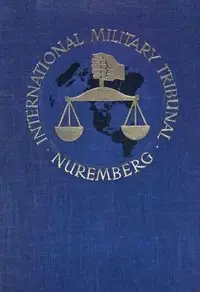"Of the Injustice of Counterfeiting Books" by Immanuel Kant is a philosophical treatise written in the late 18th century. This essay explores the ethical and legal implications of counterfeiting books, arguing against the practice and emphasizing the moral rights of authors and editors in relation to their published works. Kant investigates how the publication of a book constitutes a unique form of business that requires the author’s express consent, distinguishing it from other commodities. In this work, Kant presents a structured argument to defend the position that counterfeiting is inherently wrong, asserting that a counterfeiter intrudes upon the rightful business of another without any legal or moral justification. He discusses the nature of authorship and the editor’s role, stating that when an editor publishes a work, he does so in the name of the author and, as such, owes a responsibility to protect that author’s rights. Kant further argues that the ownership of a copy does not grant the purchaser the right to publish or reproduce the work, thereby elucidating the distinct legal rights associated with authorship versus ownership of physical copies. He concludes by advocating for a formal legal protection of authors against counterfeiters, suggesting that clarity in copyright law would support the just interests of authors and editors alike. (This is an automatically generated summary.)

Of the Injustice of Counterfeiting Books From: Essays and Treaties on Moral, Political and various Philosophical Subjects
By Immanuel Kant
"Of the Injustice of Counterfeiting Books" by Immanuel Kant is a philosophical treatise written in the late 18th century. This essay explores the ethi...
Genres
Released
2014-06-21
Formats
epub
epub3 (images)
epub (images)
mobi (images)
mobi
Free Download
Overview
About the Author
Immanuel Kant was a German philosopher and one of the central Enlightenment thinkers. Born in Königsberg, Kant's comprehensive and systematic works in epistemology, metaphysics, ethics, and aesthetics have made him one of the most influential and controversial figures in modern Western philosophy. He has been called the "father of modern ethics", the "father of modern aesthetics", and for bringing together rationalism and empiricism has earned the title of "father of modern philosophy".
Total Reviews
10.0k
Total reviews from Goodreads may change

